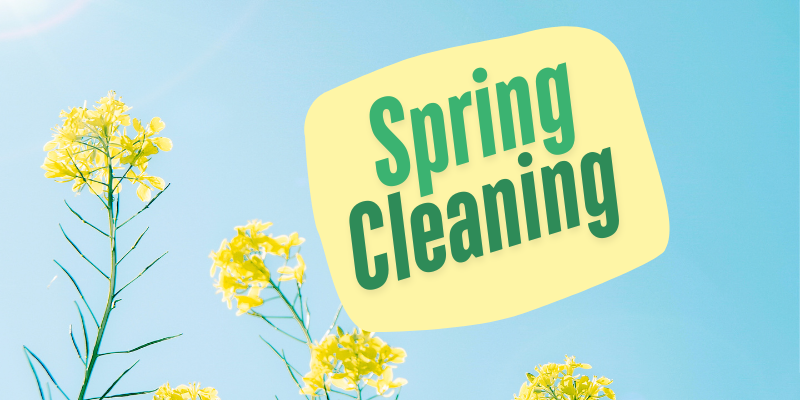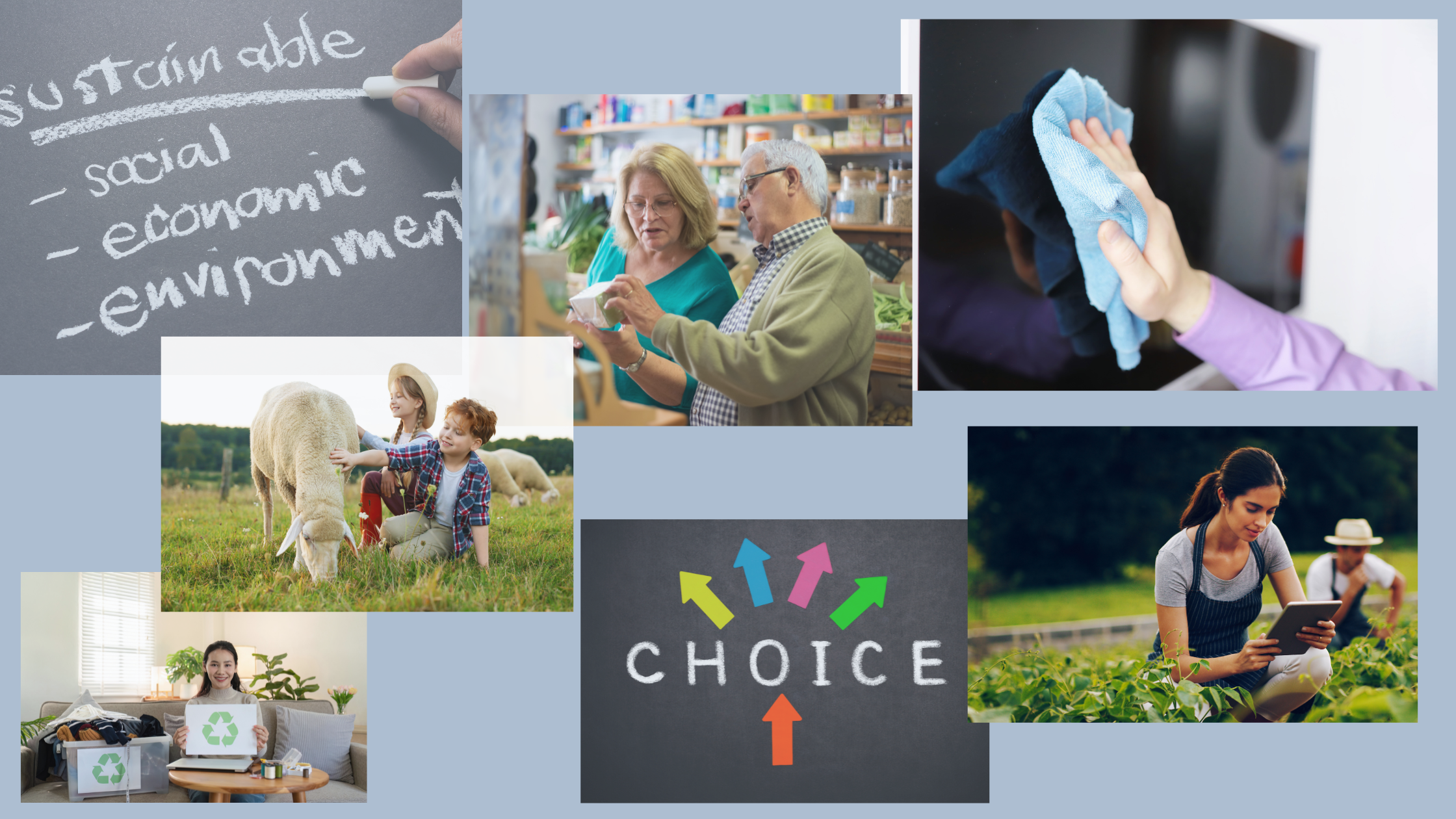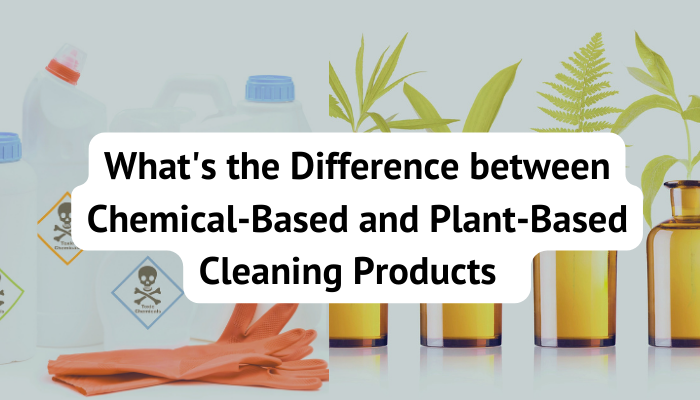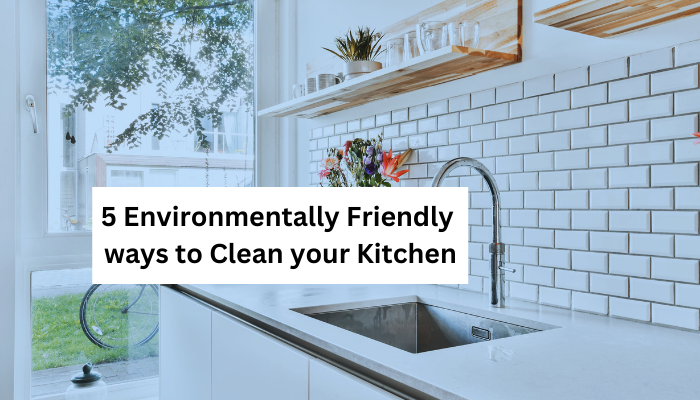5 Dangerous Chemicals to Look Out for in Cleaning Products
Modern life is dirty, and we’re always needing new cleaning products. The problem is the abundance of harmful chemicals in cleaning products, rendering them dangerous for household use and the environment. The more we learn about the chemicals that have filled our households for decades, the more we understand the need for all-natural kitchen cleaners and other household cleaning products that are safe for the environment and our families.
Many harmful chemicals in cleaning products are common household names, though you might not realize how frequently they appear in our homes. Some of the most common have potential side effects ranging from discomfort to significant harm or worse. These risks are magnified for households with pets and children, leaving many families needing to find non-toxic, all-purpose cleaner sprays and related products as safer alternatives.
These are several of the most common chemicals with toxic effects that you can find in common household cleaners. Knowing them can help you make better buying decisions, but may not help you avoid them entirely.
Ammonia
Ammonia is one of the most common active chemicals found in household cleaners. Known for its distinctive smell, ammonia is abrasive enough to serve as an effective cleaning agent but is also extremely toxic when inhaled or coming into contact with the skin and eyes. The most common side effects of exposure are skin and eye irritation. While overexposure can be more severe, with proper precautions, it is possible to use ammonia-based products safely. However, they also leave an unpleasant smell, and kids and pets are often unaware or unable to properly protect themselves from ammonia exposure.
Ethylene Glycol Monobutyl Acetate
This chemical’s name is quite the mouthful! Common in solvents, this chemical can irritate the skin and respiratory tract if not appropriately handled. It’s unsafe for the environment and prone to causing irritation when inhaled or absorbed into the skin. It is combustible, making it dangerous to use around sources of high heat or open flames.
Phthalates
Not many of us have heard of (or can correctly pronounce) “phthalates,” but they are common enough in household cleaners and other products to make this list. They are used for several purposes, including solvents to dissolve materials and makeup fragrance formulas. They’re also frequently used in plastics, from packaging to objects, to make them more durable. These chemicals can break down, exposing us to them through dust and accidental ingestion with food or drink that has contacted the degrading phthalates.
Health risks associated with phthalates include reduced fertility, especially in men.
Chlorine
Most people know of chlorine, a disinfectant used in various household all-purpose cleaner sprays and a common cleaning agent in swimming pools. Chlorine can irritate the skin and especially the eyes and is very harmful if ingested in quantity. Chlorine fumes are toxic and can be quite dangerous. It is often mixed with bleach to create cleaning products that require safety precautions to use properly.
Phosphates
Phosphates, like sodium triphosphate, help “soften” hard water, removing or preventing calcium deposits and similar buildups. While the product does this well, it’s also environmentally harmful, causing it to be banned or restricted in many States. However, a variety of phosphates, like sodium triphosphate, are still in use in various dishwasher and laundry cleaning detergents.
A Safer Alternative
Knowing about these harmful chemicals in cleaning products is beneficial in taking due precautions, but what if you want to go one better? What if you want to reduce or eliminate your dependence on unsafe and toxic chemicals? Do all-natural kitchen cleaners exist and are they effective?
We founded Momo’s Secrets to share what we’ve learned: yes, you can use all-natural cleaners, and they are effective in fighting germs. With a powerful array of plant-based, natural ingredients and essential oils comprising the formula, Simply Magic is a perfect option for your cleaning needs. Not only does the potent blend of botanicals and oils effectively clean your home, but unlike the toxic chemicals in standard household cleaners, it is also hypoallergenic and smells incredible.
More families are turning to all-natural approaches to the many issues we face in modern lifestyles, from foods to cleaning products. As it turns out, Mother Nature provides the best food, ingredients, and inspiration for keeping our homes looking great and smelling better.
In fact, with Simply Magic, we’ve proven the benefits of natural, germ-fighting products, and we even offer a free sample so you can see for yourself. Compare the cleaning power of Simply Magic to the harsh all-purpose store-bought cleaner, and then consider the benefits of switching to a natural approach.
Simply Magic does not contain bleach, phosphates, parabens, or other harsh chemicals, and it also does not contain water. Why is this important? This means that it won’t promote the growth of bacteria, making it safe to use in any household conditions and on any surface.
Avoid the Chemicals Like Magic
Your family is important to you, and your health and safety are important to us. We know how difficult it can be to avoid filler and other undesirable additives in our food and chemicals in household cleaning products. Unfortunately, we haven’t yet mastered the secret of keeping a house from ever becoming dirty. Simply Magic can remove dirt and grime and fight germs while still deodorizing your home with natural ingredients.
Cleaning and sanitizing should never come at the cost of your health or the environment. Simply Magic allows you to enjoy the benefits of an all-purpose cleaner while remaining eco-friendly and affordable. If you have questions about how Simply Magic can help you avoid the risk of using harmful chemicals, please contact us, and we will be happy to help!




